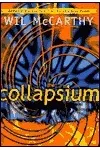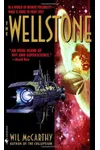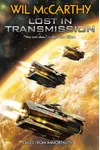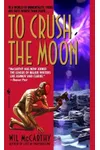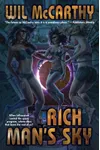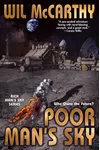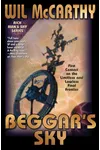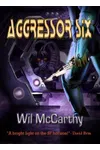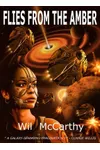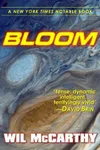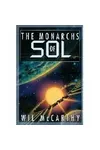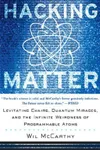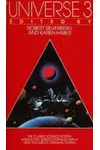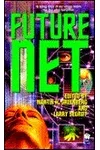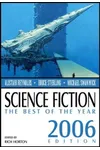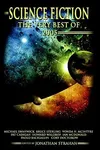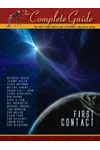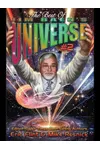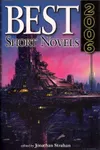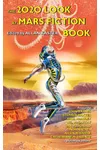Picture an American visionary who spins tales of programmable matter and colonizes distant planets with his pen—meet Wil McCarthy! A science fiction novelist, engineer, and entrepreneur, McCarthy blends hard science with imaginative storytelling, earning him a cult following and a spot among sci-fi’s brightest minds. From his novels to his role as Chief Technology Officer at RavenBrick LLC, McCarthy’s work bridges the gap between futuristic dreams and real-world innovation.
Born in Princeton, New Jersey, McCarthy’s journey from aerospace engineer to literary trailblazer is as fascinating as his stories. His ability to weave cutting-edge technology into gripping narratives has made him a standout in science fiction, with works like The Collapsium and a fictional planet so vivid it was hailed by Discover Magazine as one of the best ever created.
The Making of Wil McCarthy
Born on September 16, 1966, Wil McCarthy grew up with a passion for science and storytelling. He earned a Bachelor of Science in Aerospace Engineering from the University of Colorado at Boulder in 1988, diving into the world of rockets and robotics. Working as a flight controller for Lockheed Martin Space Launch Systems and later as an engineering manager at Omnitech Robotics, McCarthy honed his technical expertise. But his creative spark burned just as brightly—by his teens, he was already winning awards for fantasy short stories, setting the stage for his dual career as a novelist and innovator.
Wil McCarthy’s Unforgettable Stories
McCarthy’s novels are a masterclass in hard science fiction, blending rigorous scientific concepts with human drama. His Queendom of Sol series, starting with The Collapsium (2000), introduces wellstone, a programmable matter that revolutionized sci-fi’s take on nanotechnology. A national bestseller and Amazon’s “Best of Y2K,” it dazzles with its vision of a solar system ruled by quantum physics. The Wellstone (2003) and Lost in Transmission (2004) continue this saga, with the planet P2 earning Discover Magazine’s praise as one of the top 10 sci-fi worlds.
Bloom (1998), a New York Times Notable Book, explores humanity’s fight against a nanotech plague, showcasing McCarthy’s knack for high-stakes, science-driven plots. His recent Rich Man’s Sky (2021), which won the 2022 Prometheus Award, dives into a near-future space race led by billionaires, earning acclaim for its libertarian themes and vivid world-building. McCarthy’s style—crisp, witty, and grounded in real science—makes his futures feel tantalizingly plausible.
His short fiction, published in magazines like Analog and Asimov’s, and nonfiction in WIRED and Popular Mechanics, reflect his versatility. Whether crafting a TV script or appearing on The Science Channel, McCarthy’s voice resonates with clarity and curiosity, inviting readers to ponder technology’s role in our lives.
Why Wil McCarthy Matters
Wil McCarthy’s impact lies in his ability to make science fiction feel urgent and real. By popularizing concepts like programmable matter, he’s shaped how writers and scientists imagine nanotechnology. His novels inspire readers to dream big while grounding them in the nuts and bolts of physics and engineering. As a lifetime member of the Science Fiction and Fantasy Writers of America, with nominations for Nebula, Locus, and Philip K. Dick awards, McCarthy’s influence spans literary and scientific circles. At RavenBrick LLC, his work on smart window technologies proves he’s not just imagining the future—he’s building it.
- Birth Date: September 16, 1966
- Key Works: The Collapsium, Bloom, Rich Man’s Sky
- Awards: 2022 Prometheus Award for Rich Man’s Sky
- Notable Fact: Coined “wellstone,” a term for programmable matter
Ready to explore galaxies where science meets story? Snag The Collapsium and dive into Wil McCarthy’s mind-bending sci-fi universe!
